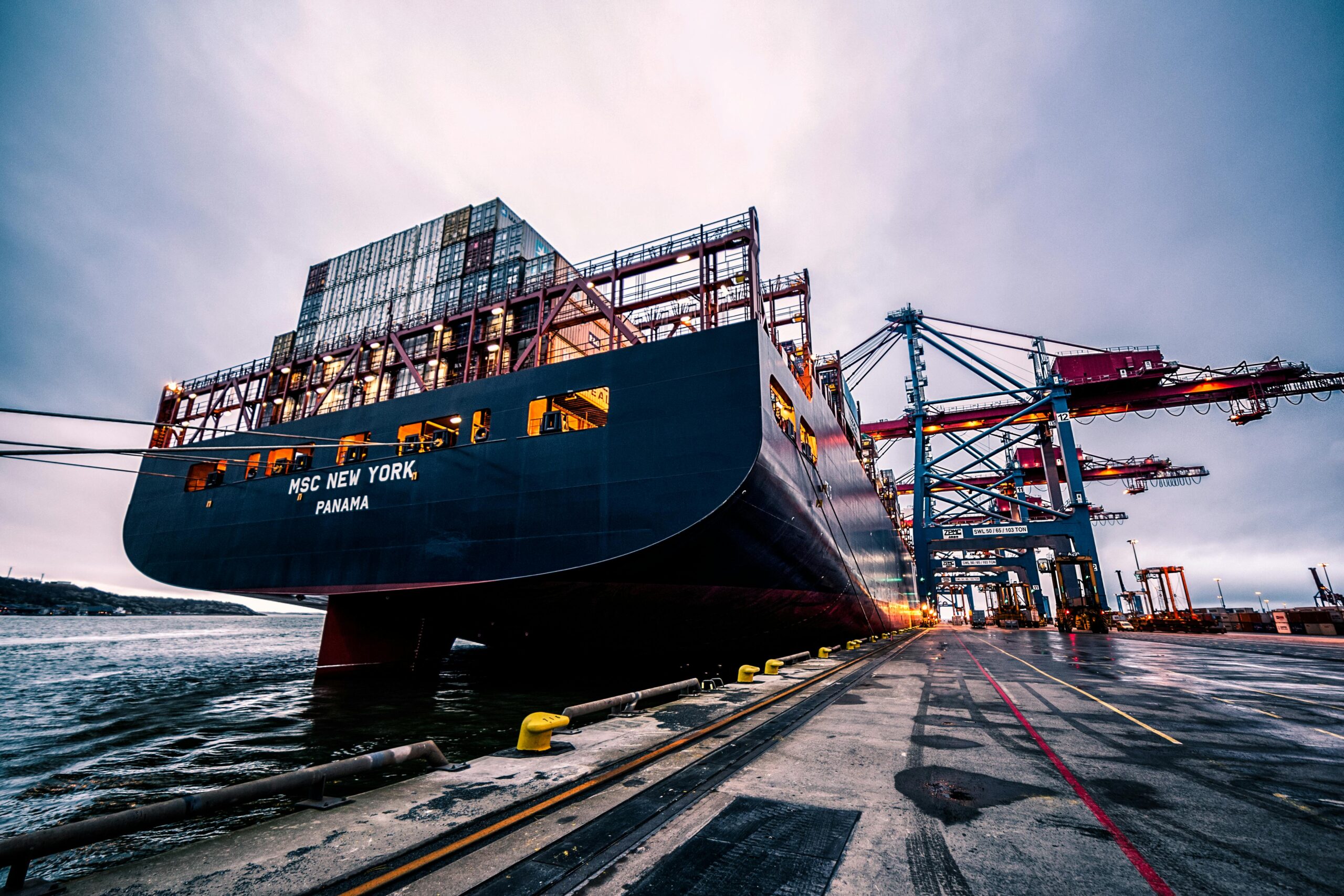Swedish port regions are entering a time of new and complex risks, shaped both by the climate crisis and broader societal changes. With the project Increasing the Preparedness of Swedish Port Regions, we want to better understand these challenges and work together to identify practical solutions.
Sweden’s ports are vital for transport, trade, and crisis preparedness. But climate change, societal shifts, and geopolitical risks demand new levels of resilience. This project maps the challenges facing Swedish port regions and offers concrete recommendations and trade-offs for action. Together with partners and researchers, we are developing a climate service to track adaptation progress and assess risks of cascading impacts on infrastructure and essential services. The results will help municipalities and port operators design stronger roadmaps for climate adaptation and preparedness.

Visit the SEI project page:
Click here
Project structure and work packages
Several research institutes and partners are working together in this project to generate knowledge on how Swedish port regions can strengthen their preparedness.
Work Packages
Work Package 1: Climate service for port regions
Lead: SEI, with RISE, SIWI, the Swedish Maritime Administration, Malmö City, CMP, Port of Trelleborg, Swedish Maritime Rescue Association, Swedish Coast Guard
Develops a climate service to support adaptation plans and provide data for decision-making and investments. The work starts with a current situation and external environment analysis.
Work Package 2: Risk analysis and domino effects
Lead: SEI, with Malmö City, CMP, Port of Trelleborg, Swedish Coast Guard, Swedish Maritime Administration, Swedish Maritime Rescue Association
Maps domino effects on critical infrastructure and essential services caused by climate change, building on a network-based method tested in Halmstad Municipality.
Work Package 3: Dynamic Adaptive Policy Pathways (DAPP)
Lead: SEI, with Malmö City, CMP, Port of Trelleborg, SSRS, Swedish Coast Guard, Swedish Maritime Administration, RISE, SIWI
Identifies possible adaptation pathways for port regions, balancing safety, socio-economic needs, and climate goals. Uses the DAPP framework to manage uncertainty in decision-making.
Work Package 4: Collaboration and marine awareness
Lead: RISE, with MKC, SIWI, SEI, Malmö City, CMP, Port of Trelleborg, Swedish Sea Rescue Society, Swedish Coast Guard, Swedish Maritime Administration
Creates links between the project and the port regions through meetings, dialogue, and knowledge exchange among stakeholders.
Work Package 5: Project management and communication
Lead: SEI, in collaboration with all partners
Ensures coordination, communication, and reporting throughout the project, resulting in a final report as well as updates along the way.
Coordination and Partnerships
The project is coordinated by Stockholm Environment Institute (SEI) with key partners RISE, Stockholm International Water Institute (SIWI), the Swedish Maritime Administration, and the Malmö Marine Education Center (MKC). Additional contributions come from CMP, the Swedish Coast Guard, City of Malmö, Gotland Region, Swedish Sea Rescue Society, and Port of Trelleborg. A reference group supports the project, and knowledge is shared with related initiatives in the field.
Current situation and external environment analysis
This report presents the first phase of the project, offering an analysis of how the port regions of Malmö, Trelleborg, and Visby are addressing climate adaptation. Based on interviews, stakeholder analyses, and document reviews, it lays the groundwork for developing a climate service to support decision-making, investments, and the monitoring of adaptation plans.
Click here to access the report (in Swedish)
